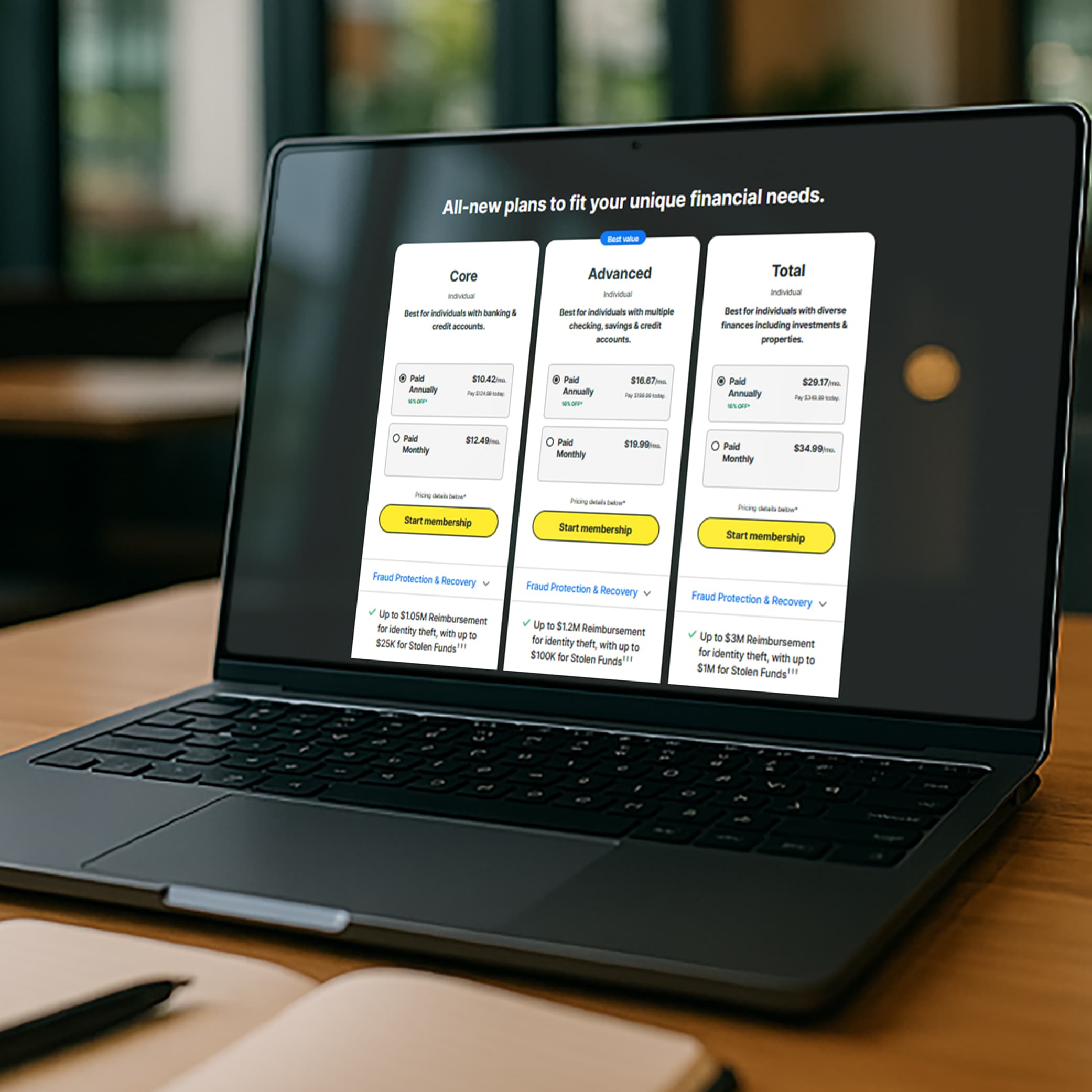Countless people travel every year, and many could fall victim to passport scams, potentially turning dream vacations into nightmares. Passport scams are designed to steal your personal information, money, or both, by exploiting your need for a passport. These scams can occur online, in person, or through correspondence.
4 types of passport scams and how they work
1. Passport application document scam
This scam involves fake websites or services offering to help you fill out your passport application for a fee, like a copy of booking.com that’s illegitimate. Often, these are sophisticated look-alikes of official government sites.
How it works: Scammers lure you with promises of simplified processes and quick turnaround times.
How to spot it: Check for official government URLs, which should end in “.gov” in the United States.
2. Passport expedition scam
During peak travel seasons, scammers offer to expedite your passport processing for a high fee.
How it works: Victims pay hefty sums for expedited services that are either nonexistent or unaffiliated with official passport agencies.
How to spot it: Legitimate expedited services are clearly listed on official government websites.
3. Passport fraud
This broad category includes stolen or counterfeit passports sold or used under false pretenses.
How it works: Scammers might use stolen personal data to apply for a passport in your name.
How to spot it: Be wary of anyone offering to sell you a passport or asking for your personal information over email or phone.
4. Phishing scams
Phishing scams involving passports often come in the form of emails purporting to be from official agencies, asking you to provide personal information or click on malicious links.
How it works: Emails or messages mimic official sources to trick you into divulging sensitive information.
How to spot it: Look for signs of phishing such as poor grammar, urgent language, and unofficial email addresses.
How to protect yourself from passport scams
To safeguard against these scams, consider the following tips:
Be skeptical of unsolicited communications related to your passport.
Use only official government websites for passport applications and inquiries.
Never share personal information over email or phone unless you are sure of the recipient's authenticity.
Keep digital copies of your passport in secure locations to aid in recovery if it is lost or stolen.
How to report passport fraud and protect your identity
If you suspect passport fraud, take the following steps to prevent identity theft:
- Report it to the authorities and contact the National Passport Information Center and the Federal Trade Commission.
- Monitor your credit reports to catch any unauthorized activity.
- Inform your bank to secure your financial accounts.
Avoid post-vacation blues
Ensure your travel memories are happy ones by staying vigilant against passport scams. And join LifeLock to scan the internet and dark web for your personal information so you can take action to protect your privacy, helping safeguard against scammers.
FAQs about passport scams and fraud
What can a scammer do with your passport?
A scammer can potentially use your passport to commit identity theft, open accounts in your name, or travel under your identity.
How do you spot a fake passport?
Check for irregularities in the passport number, typeface, lamination, and personal details. Each country’s passport contains specific security features.
Is it safe to apply for a passport online?
Yes, but only through official government websites.
Does the passport office ever call you?
It is rare. Most communications are initiated by mail unless you have ongoing discussions.
Is U.S. Passport Online legitimate?
Be cautious as many misleading sites mimic official tones. Always verify through government portals.
Can passport expediting services be legitimate?
Yes, but they should be verified through official channels and typically do not guarantee faster processing times.
Editor’s note: Our articles provide educational information. LifeLock offerings may not cover or protect against every type of crime, fraud, or threat we write about.
Start your protection,
enroll in minutes.
LifeLock is part of Gen – a global company with a family of trusted brands.
Copyright © 2026 Gen Digital Inc. All rights reserved. Gen trademarks or registered trademarks are property of Gen Digital Inc. or its affiliates. Firefox is a trademark of Mozilla Foundation. Android, Google Chrome, Google Play and the Google Play logo are trademarks of Google, LLC. Mac, iPhone, iPad, Apple and the Apple logo are trademarks of Apple Inc., registered in the U.S. and other countries. App Store is a service mark of Apple Inc. Alexa and all related logos are trademarks of Amazon.com, Inc. or its affiliates. Microsoft and the Window logo are trademarks of Microsoft Corporation in the U.S. and other countries. The Android robot is reproduced or modified from work created and shared by Google and used according to terms described in the Creative Commons 3.0 Attribution License. Other names may be trademarks of their respective owners.





